A new theory suggests dinosaurs’ impact on early mammals’ evolution may explain variations in aging among present-day animals.
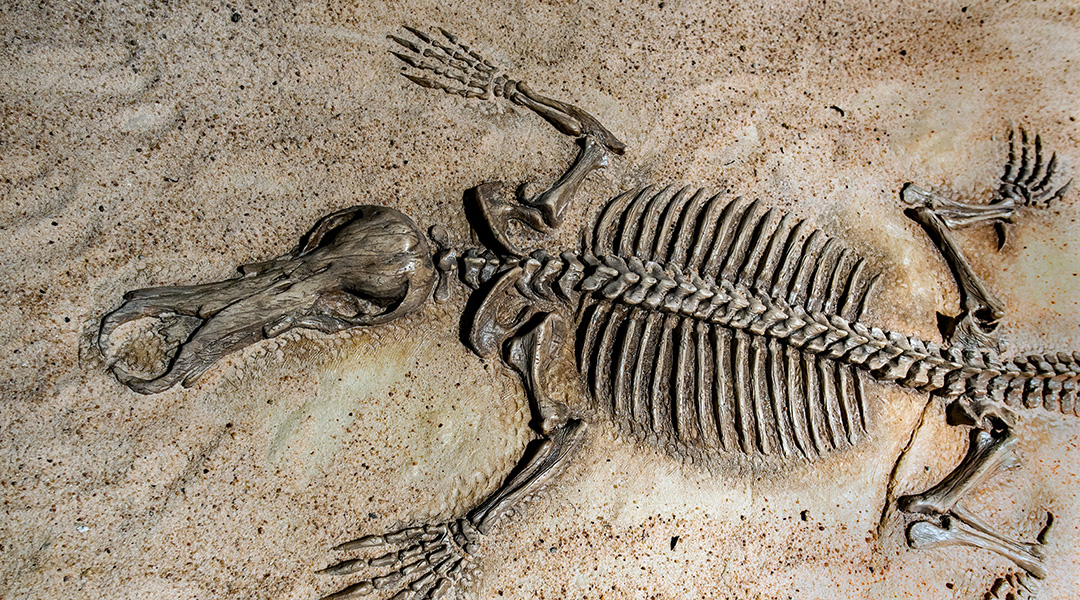

A new theory suggests dinosaurs’ impact on early mammals’ evolution may explain variations in aging among present-day animals.
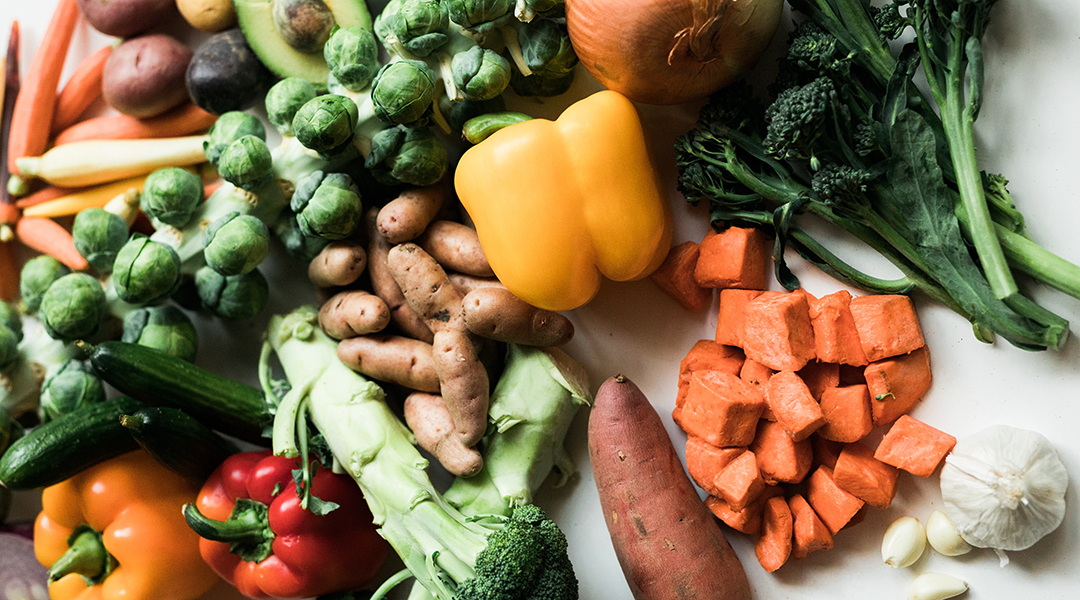
Vitamins play a much broader role than just promoting health, shaping and maintaining our unique biology over evolutionary timescales.
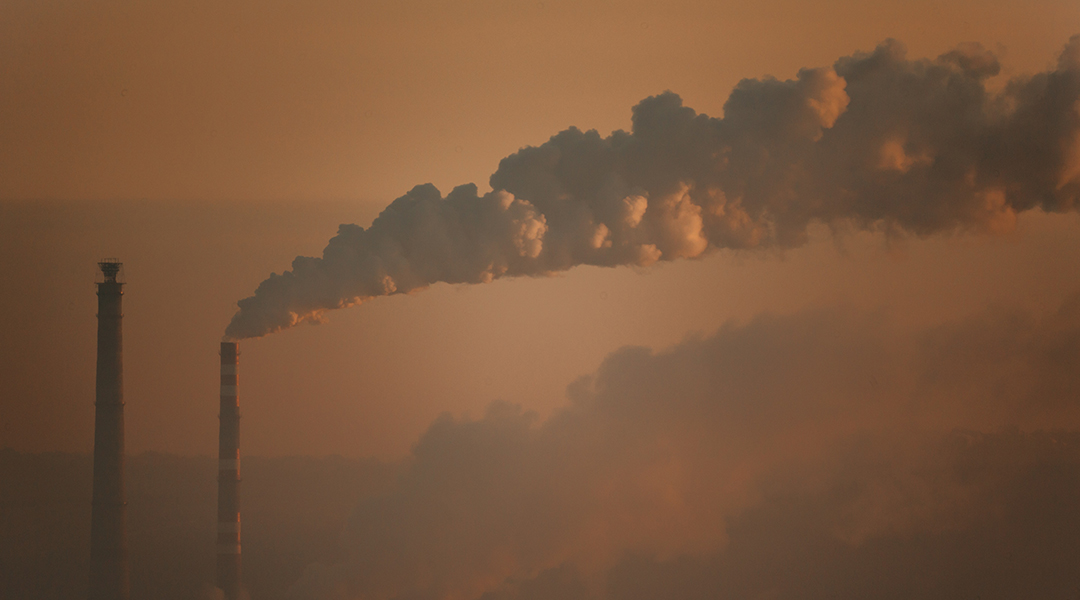
Can the Australian bushfires and global pandemic convince us to change our ways?

A new hypothesis explores how potassium came to be the dominant biological cation.
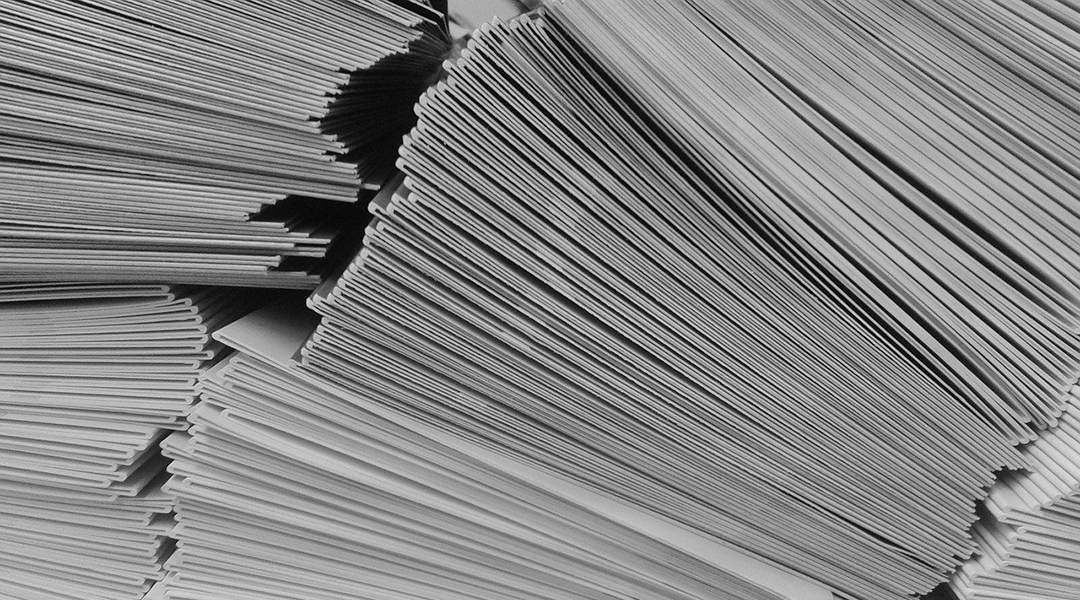
Freeness of scientific literature is undeniably a highly desirable concept, but it is accompanied by a responsibility that we have not yet structurally realized.
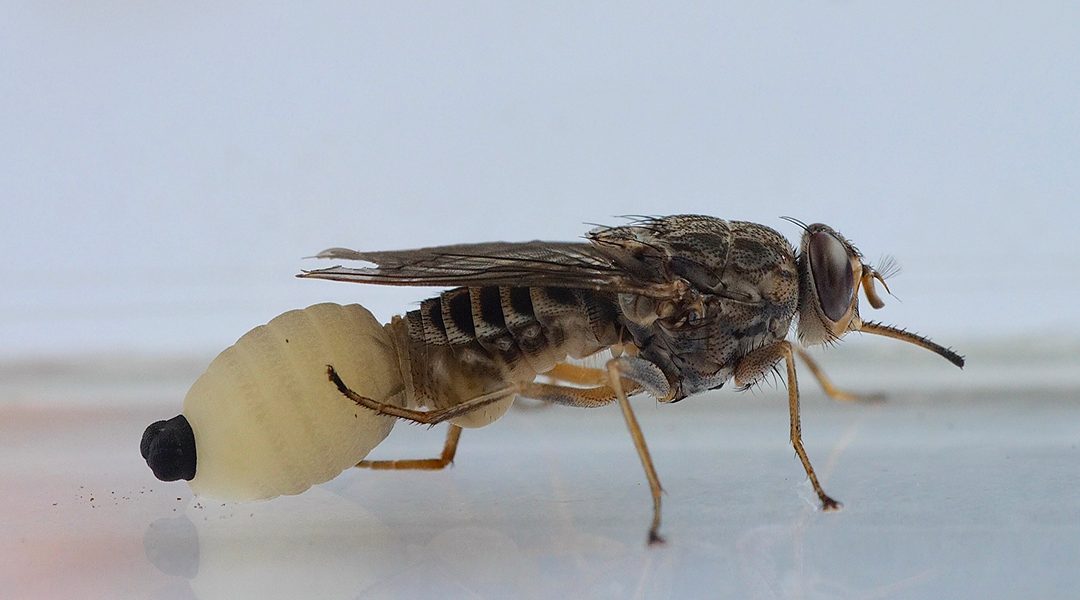
Tsetse flies, which miraculously birth young bigger than the mother, show us what science is about.

Measures that could have been taken at the beginning of the pandemic were not implemented as precautionary preparation but rather as reactionary to an already spreading virus, making it hard to contain.
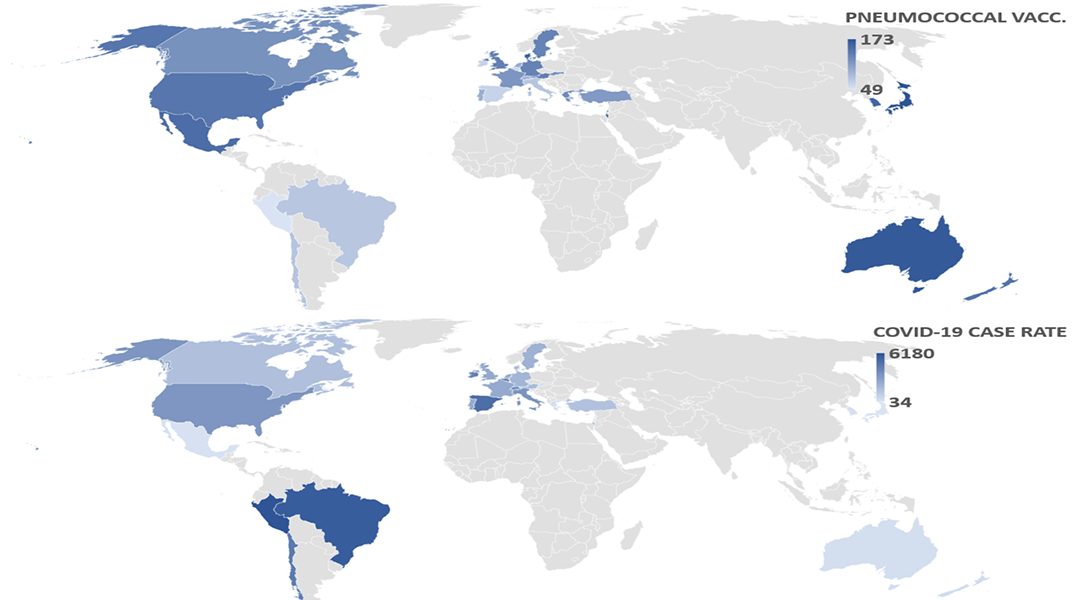
Where pneumococcal vaccination rates are high, COVID-19 cases are low and vice-versa.
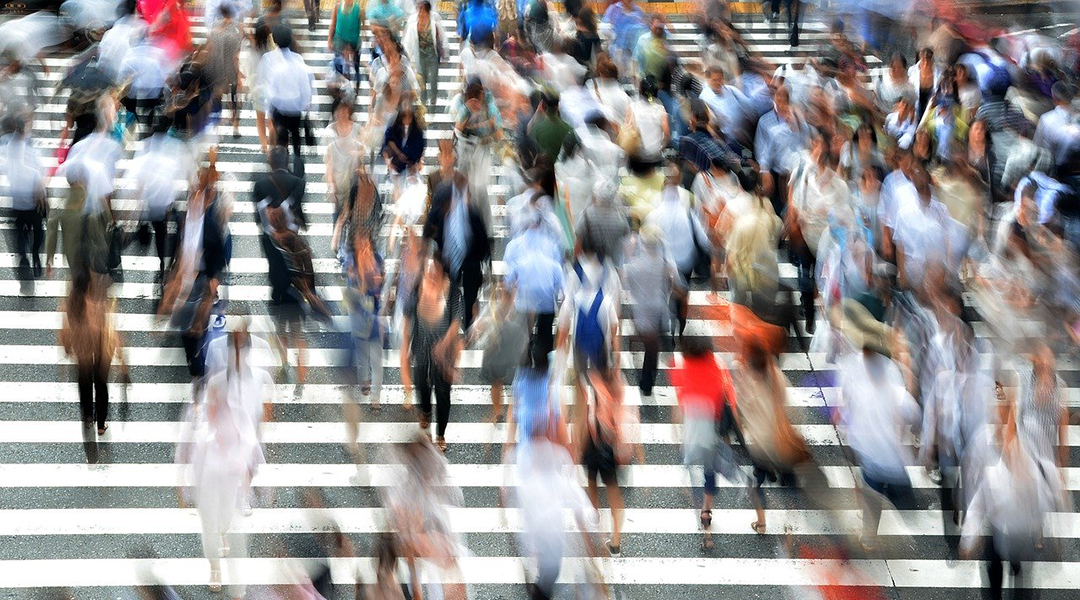
The convergence of four broad but easily identifiable networked conditions, or “Four Horsemen”, are hurtling civilization towards potential self-destruction triggered by the current pandemic.
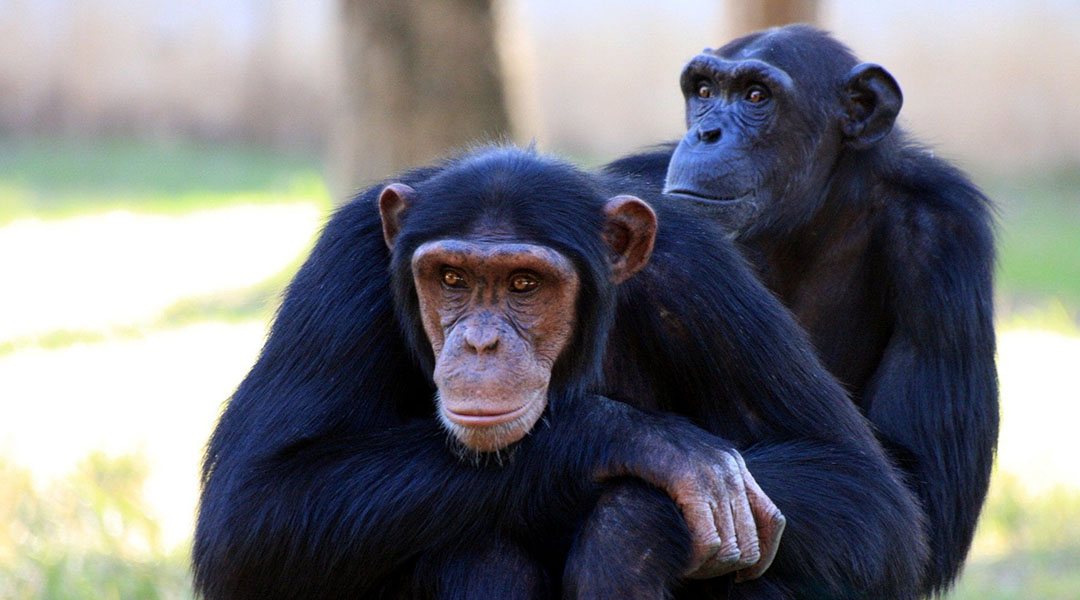
Researchers look beyond our chimpanzees and bonobos to trace the evolution of human language.